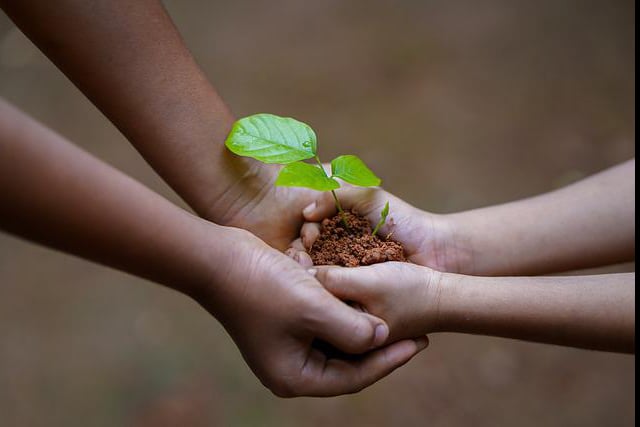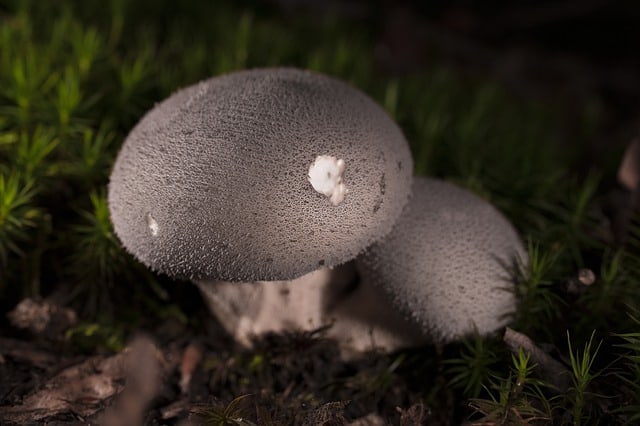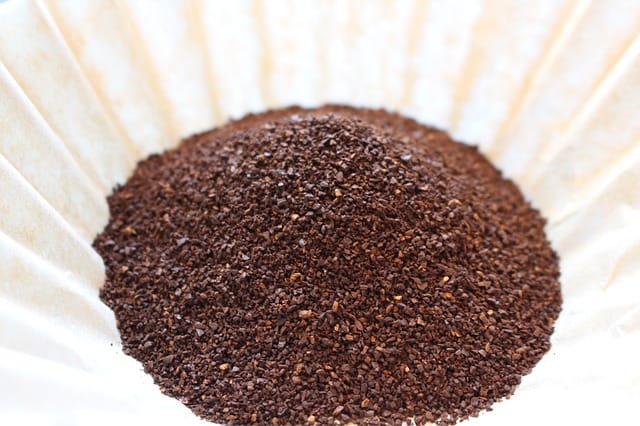In a world where technology is constantly advancing, some might wonder if the age-old question of whether or not plants feel love is still relevant.
However, after decades of scientific research on the topic, it appears that the answer may be yes. Plants not only can sense and respond to their environment, but they can also communicate with other plants.
So what does this mean for our understanding of plant behavior?
Join me as we explore the latest findings on plant love and learn more about how these fascinating creatures interact with the world around them.
Do Plants Feel Love?
Plants are living organisms that are capable of feeling a range of emotions, including love. While plants may not experience love in the same way that humans do, they can respond to touch, light, and other stimuli in ways that show they are sensitive creatures. Plant biologist Stefano Mancuso has even argued that plants are more intelligent than we give them credit for.
So do plants feel love? It depends on how you define love. If you see it as a strong emotion or feeling of attachment, then plants probably don’t experience love in the same way that humans do. However, if you see love as simply a form of positive communication between two beings then, yes, plants feel love.

Do Plants Have Feelings?
There is a lot of debate on this topic, as there is no definitive answer. Some people believe that plants can communicate with each other and have feelings, while others believe that they do not.
What we do know is that plants can sense their environment and react to changes in it. For example, they can sense when they are being attacked by predators or parasites and will produce toxins to defend themselves. They can also sense when pollinators are active and produce nectar and scents to attract insects.
So while we cannot say definitively whether or not plants have feelings, it is clear that they are capable of sensing their environment and reacting accordingly.
Do Plants Respond to Human Touch?
Plants are responsive to human touch. They’re incredibly sensitive—so much so that too much touching can inhibit their growth. Studies have shown that plant growth can decrease up to 30% due to repeated touching. So, be sure to be gentle with your greens!

Do Plants Respond to Human Voice?
Recent studies have shown that plants do indeed respond to the human voice. However, there is not yet conclusive evidence that this is always a net positive for the plant. In some cases, it may be stressful for the plant to constantly be bombarded with human noise. More research is needed in this area to determine the full implications of plants responding to the human voice.

Do Plants Know when You Feel Love Towards Them?
No, plants do not know when you feel love towards them. They are not sentient beings and therefore cannot experience emotions as we do. However, some research has shown that they can react to certain cues from their environments, such as the sound of a human voice or repeated touch. So while they may not be able to understand the concept of love, they may be able to pick up on certain physical signs that indicate our affection towards them.

Do Plants Respond to Music?
If you’ve ever felt calmer after spending time in nature or found yourself drawn to the sound of running water, you know that there’s something special about being around plants. But do they respond to music?
Studies on the subject are pretty inconclusive. Some show that plants seem to grow better when exposed to music, while others show no effect at all. The answer may depend on what kind of music you’re playing for your plants – classical might work better than rock, for example.
At this point, there’s no definitive answer as to whether or not music helps plants grow. But even if the studies aren’t conclusive, it doesn’t hurt to try playing some tunes for your plant for your feelings of love and well-being.
Can Plants Feel Pain?
No, plants cannot feel pain. This is because they lack a nervous system that can send and receive information about stimuli. So, even though plants may react to their environment in various ways, they don’t experience pain in the way that we do.
Of course, this doesn’t mean that we should go around recklessly harming plants! Although they can’t feel pain in the same way as animals do, this doesn’t mean that they don’t have an innate sense of self-preservation. Different species of plants have different ways of protecting themselves from being eaten or harmed – for example, some produce poisonous or sour-tasting substances, while others have sharp thorns to prevent animals from eating or tearing them.
Do Plants Feel Lonely Ever?
Do plants feel lonely ever? Yes, they communicate through their roots and underground fungi. They can share information about their environment and experiences with other plants as well as share resources. Although we cannot directly observe these interactions, they undoubtedly occur on some level. This network effect has been colloquially called the “wood wide web.”
How do Plants Communicate?
Plants communicate with each other by secreting special chemicals called “root exudates” into the soil. These root exudates serve as a sort of communication network and can be used to signal the presence or absence of water, and nutrients, or to mobilize the help of bacteria and fungi in the soil.
Additionally, plants can communicate with each other through a process called “mycorrhizal networking”. Mycorrhizal networking occurs when two plants form a symbiotic relationship with a fungus called a mycorrhiza. The fungus attaches itself to the roots of both plants and transfers nutrients back and forth between them. This allows the plants to share information about their local environment, including things like the availability of water and minerals.
Are Plants Self-Aware?
No, plants are not self-aware. This means that they cannot think or feel in the way that we do. However, this doesn’t mean that they are completely inactive – on the contrary, plants are constantly responding to their environment to ensure their survival.
Do Humans Feel More Love when They Live with Plants?
There is some evidence to suggest that humans feel more love when they live with plants. There have been many studies showing plants help with the following (source):
- decreased anxiety and stress
- lower depression
- increased happiness
- better job satisfaction (for plants at the office)
- enhanced memory
- higher self-esteem
The presence of plants may make us feel more connected to nature, which in turn makes us feel more connected to other people.
Plants also have a calming effect, which can reduce stress and promote feelings of happiness and well-being.
Conclusion
So, do plants feel love? While we cannot say for sure, there is evidence to suggest that they may be capable of experiencing some emotions. However, these emotions are likely very different from the ones we experience. Still, it doesn’t hurt to show your plants a little love – after all, they make our world a more beautiful place!
Hi, I’m John Stephens, chief editor and writer for Totalgardener.com. I’ve been gardening and raising animals for over 15 years starting with a small backyard plot in Northern Virginia where I grew corn, potatoes, squash, and using a high mulch technique called the Ruth Stout Method. I also raised ducks and small mammals for meat and eggs in a movable pen similar to the ones used by Joel Salatin. I later moved to Colorado where I experimented with growing greens using aquaponics inside. I eventually added a microgreens setup and home sprouting operation. I’m excited to share everything I’ve learned plus more from the other local gardening and animal raising experts I know.



